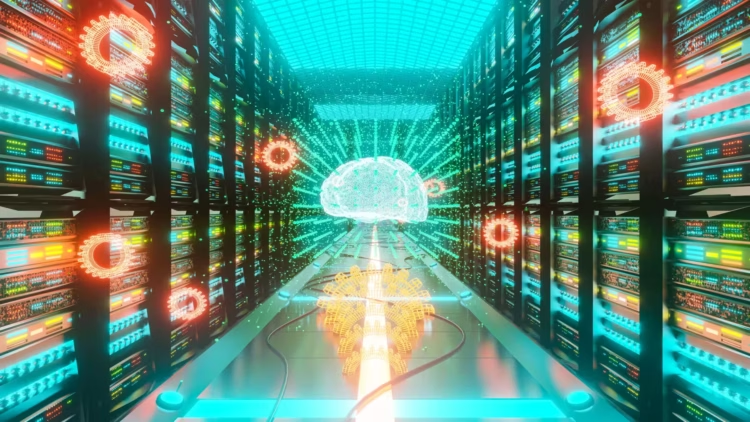Central to bolstering the Maryland economy by creating more incentives to market cutting-edge technologies in the state economy, the Maryland Tech Council has initiated the Data Center Alliance of Maryland to act as a way of strategically enhancing the tax base of the state, as well as the content of innovative abilities. This pact of collaborators seeks to transform Marylanders on the possible input of data center business expansion with the technology sector of the country set to spend above 500 billion dollars on artificial intelligence (AI) and data centers by 2030.
Data Center Alliance targets economic development opportunities
According to The Daily Record, the Maryland Tech Council unveiled the Data Center Alliance of Maryland in an attempt to promote the growth of the overall economy of Maryland, in addition to increasing the tax base and the innovation leadership capabilities of the state. The Montgomery County-based nonprofit has stated that DCA-MD is an alliance of coalition partners that seek to inform and educate Marylanders on what the development of the data center industry can bring to Maryland.
MTC predicts the technology sector in the country to inject over half a trillion of AI and data center infrastructure by 2030, which can be advantageous to the Maryland economy in case it takes advantage to feed into the data center industry. The alliance expects to respond to questions that residents would ask about data center site placement and the place of construction and operation in their respective communities.
The way that the leadership structure sustains coalition work
The co-chairs of DCA-MD will be the director of economic development of Calvert County, Julie Oberg, and Dusty Rood, the CEO and the president of Rodgers Consulting Inc. Both of the leaders intend to set up a steering committee to give an informative role to all observers of the efforts, including the collection of information and collaboration on a state-wide basis.
Projects of economic impact are promising
The concept of the data center has evolved with the creation of a structure to connect our houses and businesses, but at the same time, it is an avenue to bolster the economy and taxation base in Maryland, according to the MTC CEO Kelly Schulz. In an MTC study, a typical Maryland data center project (reduced to about 800,000 square feet) would sustain 5,000 direct and indirect employment over $775 million of economic activity.
By setting out to reformulate the state data center policies to enhance the vibrant development of data centers in the state, DCA-MD will ensure it monitors the innovations in the industry and provides mentoring on the best practices by training the stakeholders. Tech.ly states that suspected tactics of the alliance will include working on the influence of public policy, offering guidance to interested parties, and answering the questions of people related to data center constructions and functions.
Strategic planning focuses on community engagement
The usability of constructing a steering committee to represent the interests of both the business and the community is the first priority regarding the chairs. According to Oberg, this group will be responsible for the collection of information, coordinating efforts in the State among the data center industry, and ensuring that the policies and strategies of Maryland are both industry-receptive as well as community-oriented.
As the investments of over 500 billion in the country are projected to grow to even greater levels by 2030, the active response to the issue in Maryland in terms of education, policy formulations, and community involvement could bring with it tremendous economic gains. The deliberate partnership infusion of 5,000 jobs and creation of 775 million dollars/lab of economic impact on each project shows the potential of turning around Maryland with their careful information center development in the future.


